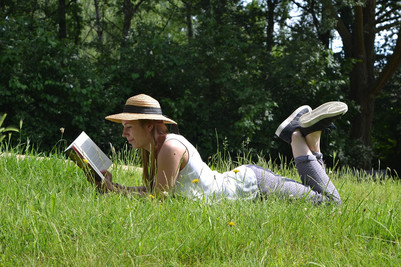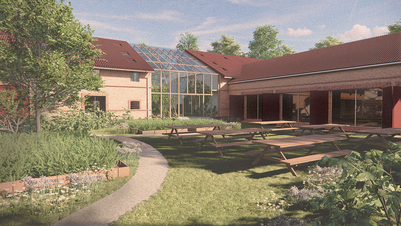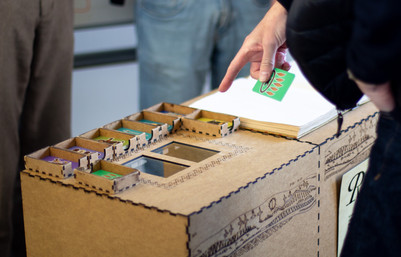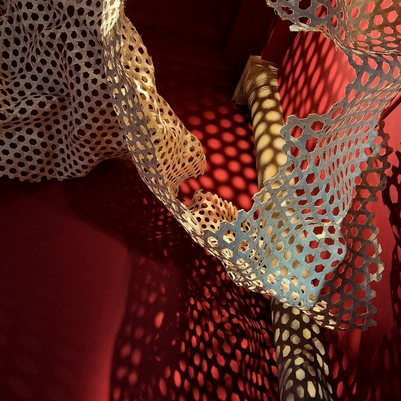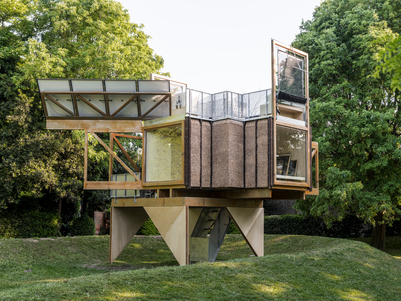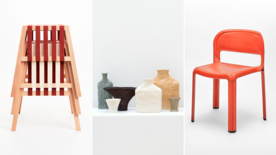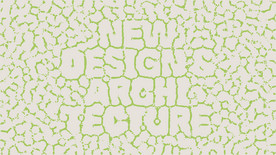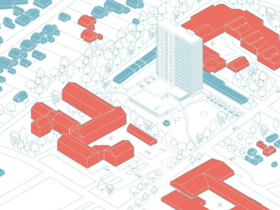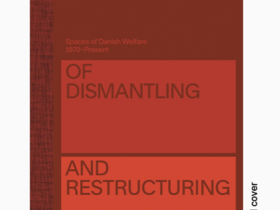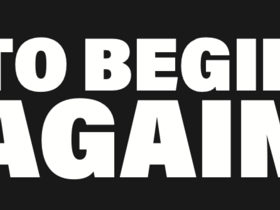
Conference Abstract | Heidi Svenningsen Kajita, Jennifer Mack, Svava Riesto and Meike Schalk
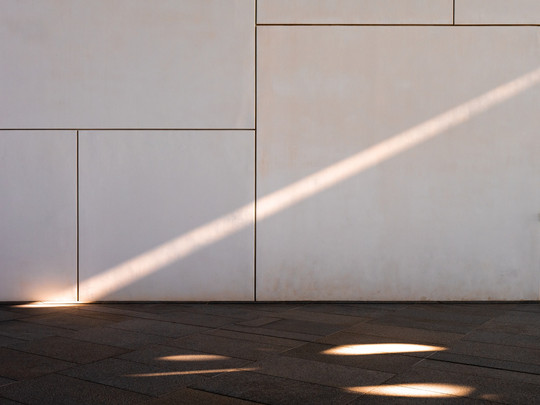
Between Technologies of Power and Notions of Solidarity: A Response to the Danish “Ghetto Plan” and Swedish “Utsatta Områden”
Over the last decades, a significant paradigm shift about notions of solidarity as a core value of the “classless society” within Nordic welfare states has occured. Global economic shifts, climate change, and forced migration challenge earlier conceptions of the boundaries of welfare state communities. This is reflected in the rise of assimilation policies with the Swedish categorization “utsatta områden” (vulnerable areas); and in the drastic example of the Danish so-called “ghetto plan”. Officially entitled, “A Denmark without Parallel Societies – No Ghettos in 2030,” the plan applies to designated “hard ghettos” by reducing their stock of family dwellings, by enforcing mandatory childcare for families on social benefits, and by requiring longer sentences for local crimes.
To support its initiatives, the “ghetto plan” uses infographics along with photographs of deteriorating concrete and children with certain words (like “vulnerable” and “reform”). In response, we study evolving notions of solidarity by closely examining documents related to the “ghetto plan” and “vulnerable areas” with particular focus on the pairings of images and words that government actors use to present statistical findings, social orientations, and spatial hierarchies. These documents are positioned as political tools connecting technologies of graphic design, architecture, and planning to concepts like “parallel society,” “segregation,” and “mixed city,” often simplifying complex conditions in ways that causally link the built environment and social problems. How do images and words work in parallel to create the sense of inevitability that underscores documents such as the “ghetto plan”? How do extreme practices of coercion and demolition become normalized when translated into visually appealing action plans? The presentation critically concludes by calling for an ontological re-framing of solidarity that values, nourishes and adds to ‘what is there’.
Heidi Svenningsen Kajita, architect, is assistant professor at University of Copenhagen and currently Visiting Fellow at Newcastle University funded by Independent Research Fund Denmark. Drawing on emerging ethnographic-architectural methodology, her practice-based research concerns relationships between architects’ practices and processes; building norms; and lived experiences. She has taught extensively in schools of architecture, design and art – specialising in didactics for situated and collaborative praxis. Heidi is co-founder of Bureaus – a platform for spatial design, research and strategies.
Jennifer Mack is Associate Professor at KTH Royal Institute of Technology. Broadly, Mack’s work focuses on social change and the built environment, with ongoing research on the architecture and planning of mosques and churches in Sweden and on how discourses of sustainability and democracy are used in the renovations of the green, open, and public spaces created around Swedish multifamily housing during the 1960s and 1970s.
Svava Riesto, Associate professor of Landscape Architecture at the University of Copenhagen. Her research addresses the politics of historiography and the uses of heritage and place narratives in contemporary urban renewal projects. Drawing from critical heritage studies, she studies postwar housing as an emerging form of heritage. Currently, she is leading the work package on living heritage in the European project PUSH: Public Space in Social Housing (HERA 2019-2021) and in the project Reconfiguring Welfare Landscapes; The past, present and future of the green open spaces of Danish social housing estates (Danish Independent Research Fund, 2017-2020).
Meike Schalk is an architect, associate professor in urban design and urban theory at KTH School of Architecture. Her research inquires discourses of sustainability and democracy in urban planning through practice-based research methods, feminist and intersectionality studies. Schalk has examined historical and contemporary shifts of welfare spaces and policies in housing in Sweden and Vienna. She is part of the group Action Archive dedicated to urban research through approaches of oral history and participatory historiography.




